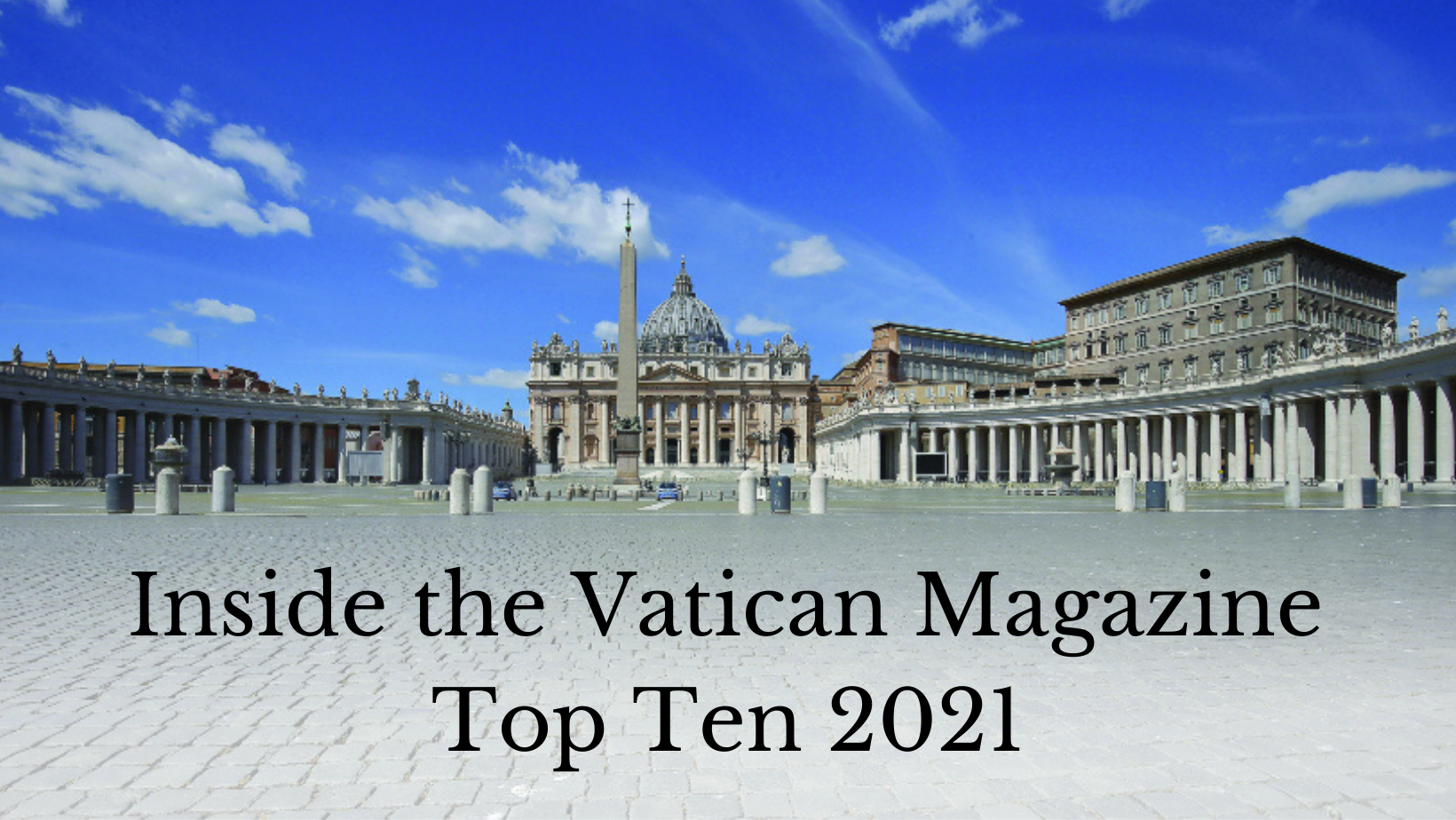
The world can be a dark place,
yet these are people who refuse
to let the darkness prevail
It’s been two years since Covid first came to international attention, and countless aspects of life have never been the same since. Yet, one thing that has remained constant is the determination of individuals to follow the Spirit’s call to transcend their own comfort, their own desires, their own interests, and brave sometimes severe difficulties in service to their brothers and sisters in the human family.
It is the call echoed by Pope Francis: “The gift of the Holy Spirit has been bestowed in abundance so that we may live lives of genuine faith and active charity.”
“Go out,” he says, “…become the Word in body as well as in spirit.”
And so we highlight here 10 people — admittedly, just a tiny few among the many, many faithful and selfless souls around the world — to underscore not only the need and the challenge of following the Gospel command to “love your neighbor,” but also to hold them up as a beacon of encouragement. We are all called to live lives of service and we all find it daunting at times; but the Lord sustains us and gives us hope.
These are men and women who bring us some of that hope. The world can be a dark place, yet these are people who refuse to let the darkness prevail. They are Inside the Vatican’s Top Ten of 2021.
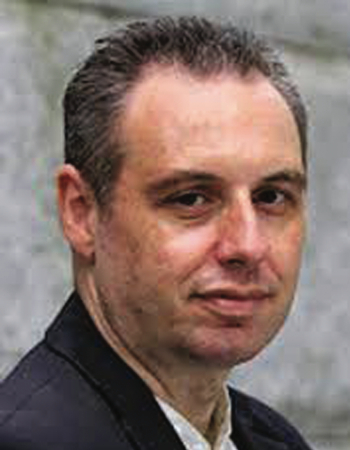 Aurelio Porfiri
Aurelio Porfiri
“I did not wish to continue singing silly songs”
A musician rediscovers the patrimony of the Church — and suffers for it
In the beginning of his career, Italian Aurelio Porfiri, 53, never imagined that his work as a choir director, musician and composer would bring him ostracization and contempt.
He was, after all, simply seeking to enhance the liturgical experience of Catholics with music — to bring them closer to God. Then, on his own, he gradually rediscovered the Catholic Church’s centuries-long musical patrimony.
But, he says in a book of dialogs with journalist Aldo Maria Valli on the state of the Church, Uprooted, “after this discovery I became discouraged by priests who were opposed to the fact that I had rediscovered my liturgical and musical roots and did not wish to continue singing the silly songs which they threw at us in church.”
More than 200 of Aurelio Porfiri’s musical compositions are published in Italy, China, USA, Germany and France. He has published more than 60 books and is a contributor to several major Catholic blogs and magazines, and is the founder of the publishing company Chorabooks. And lest any accuse him of having a purely “European” cultural sensibility, let them note that he lived and worked for seven years in Macau, China.
“I always remember,” he recounts, “how (in a choir at my parish) I sang a piece in four-part harmony; I felt myself lifted off the ground, and I asked myself: ‘But why has this music been forbidden to us in favor of cheap imitations?’
“I believed (and I still believe) that it is wrong for the people of God to be deprived of the treasures of the Church in favor of musical pieces of the second order. And because I have said this, I have been treated as a plague victim, condemned to isolation and social death as a result.”
Eventually, Mr. Porfiri continues, his awareness of a deeper problem began to grow: “I understood — I don’t know if you have the same impression — that the Catholicism in which I grew up was already polluted, sick and weakened by the shock waves which it had endured in those years, thanks to the holes which had been opened in the Church by Vatican II.”
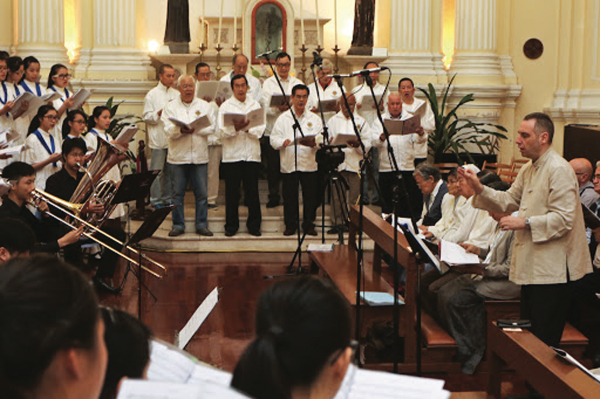
Macao, China: Maestro Aurelio Porfiri directs his Mass in honor of Matteo Ricci, 16th-c. Jesuit missionary to China
The tradition of the Church that has been continuously enriched over the centuries has always interested Mr. Porfiri, but, he says, “I thought that it was possible to reform the Novus Ordo in a more traditional way, and I worked for that. Lately, I could see that this effort is almost pointless because it seems to me, and I hope I am wrong, that those that should be more concerned with the dignity of the liturgy are not. I don’t foresee that there will be a mass movement toward the traditional Mass, but what I observe is that there is a mass movement away from the new Mass.”
The 2020 Covid lockdowns in Rome, where Mr. Porfiri lives and works, inspired him to create an online forum for discussion of the Church and other related topics he found compelling. “I had the idea of using modern technology and the power of social media during our lockdown… I thought it could be fun to have a platform in which to talk about things I am interested in and now basically I am streaming three programs a week, usually two in Italian and one in English.” They are available on his YouTube channel “Ritorno a Itaca” as well as on his Facebook page.
Some of the topics dealt with by Mr. Porfiri and his guests, sometimes in a one-on-one interview format and sometimes as a panel discussion, are as diverse as geopolitics, the rosary, religious freedom, Catholic identity, saints, beauty and truth, and even UFOs. His guests have included renowned authors, scientists, artists and religious.
But he never strays entirely from his first love, the beauty of the liturgy and the music that enhances it: “They are tightly linked,” he says, “and they share the same goal: the glory of God and sanctification of the faithful.”
To hear a sample of Mr. Porfiri’s compositions, go to YouTube here.


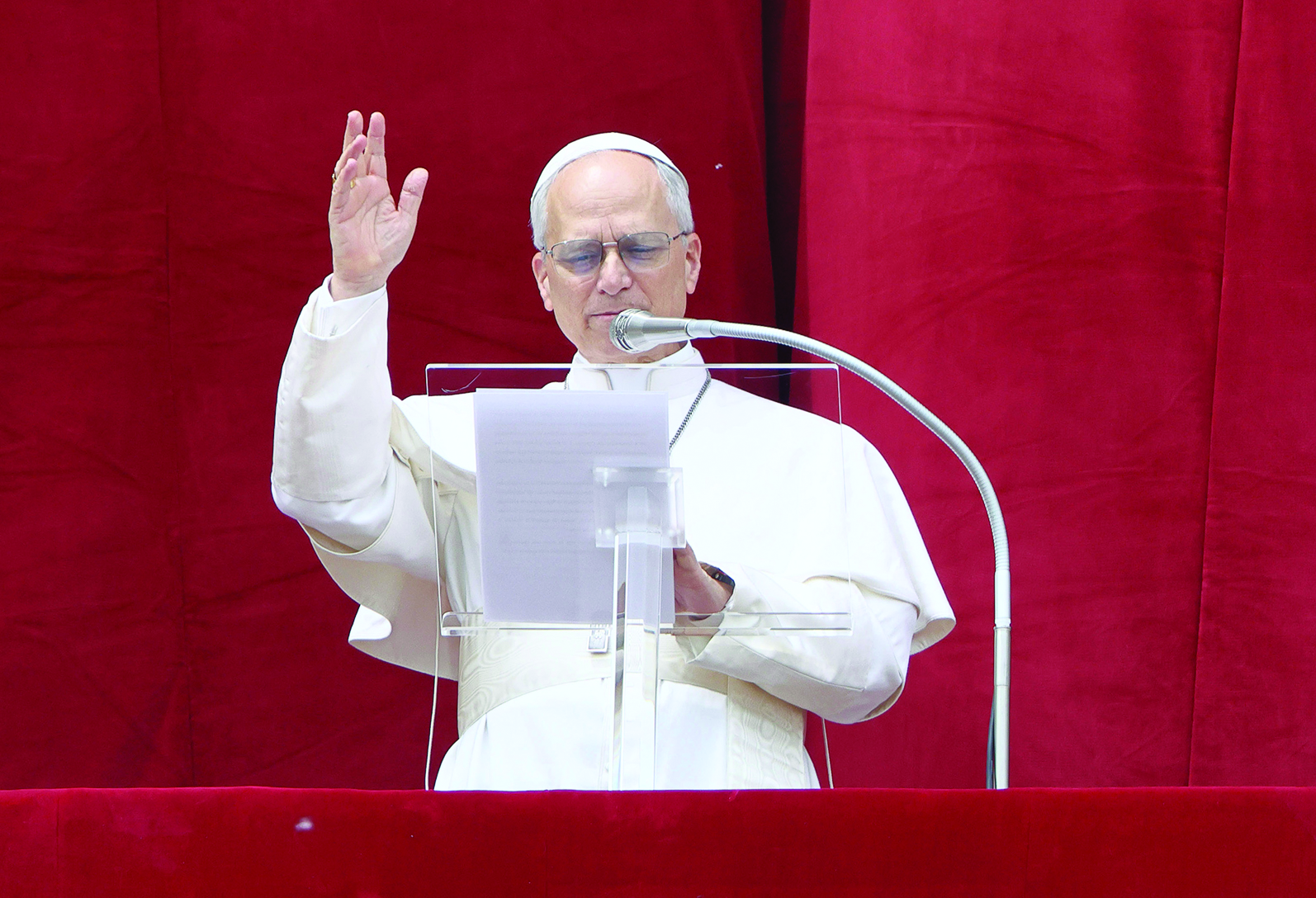
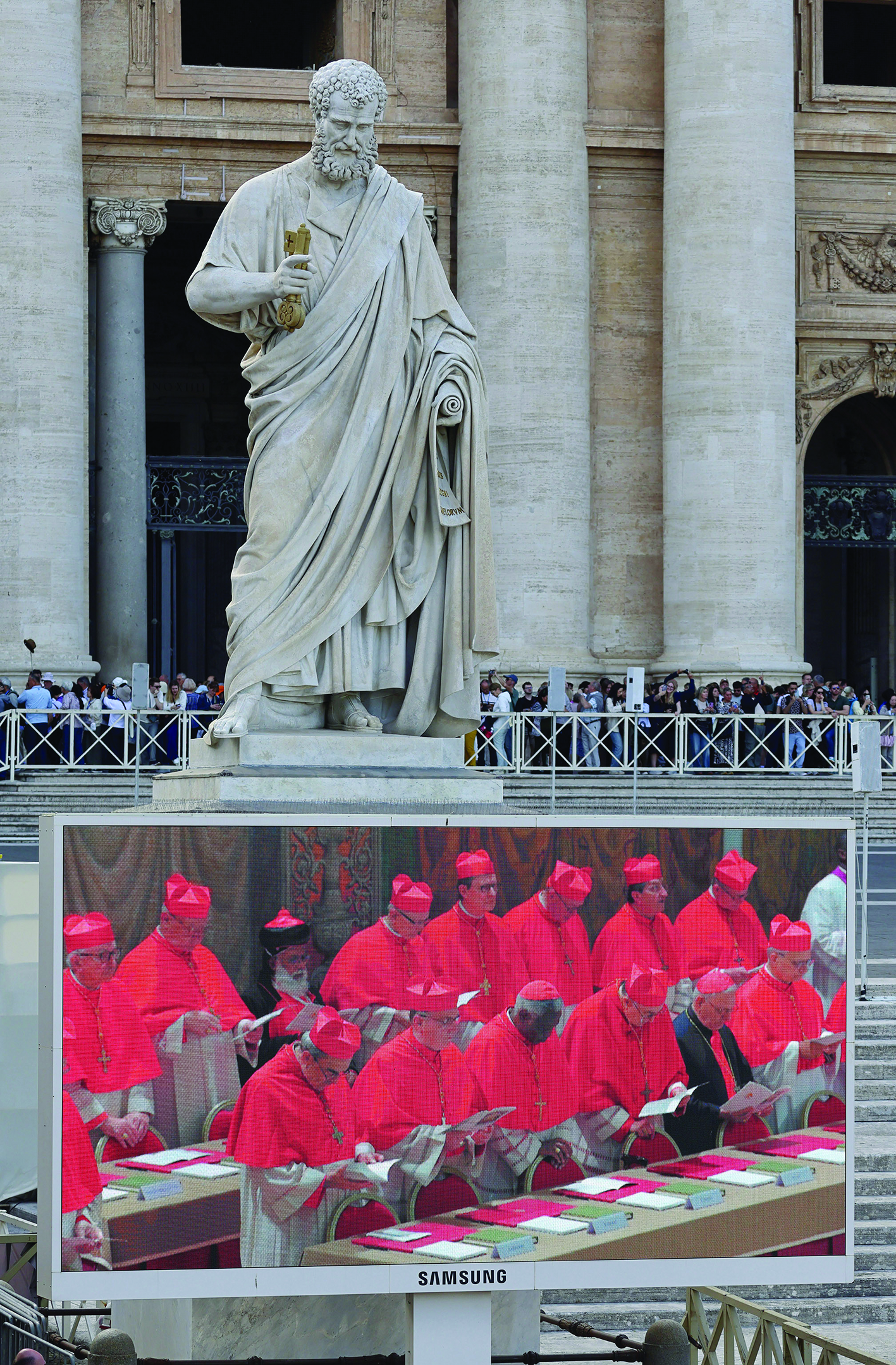
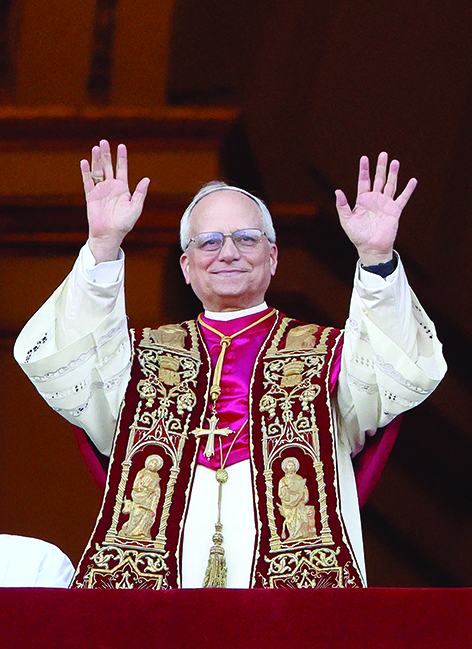
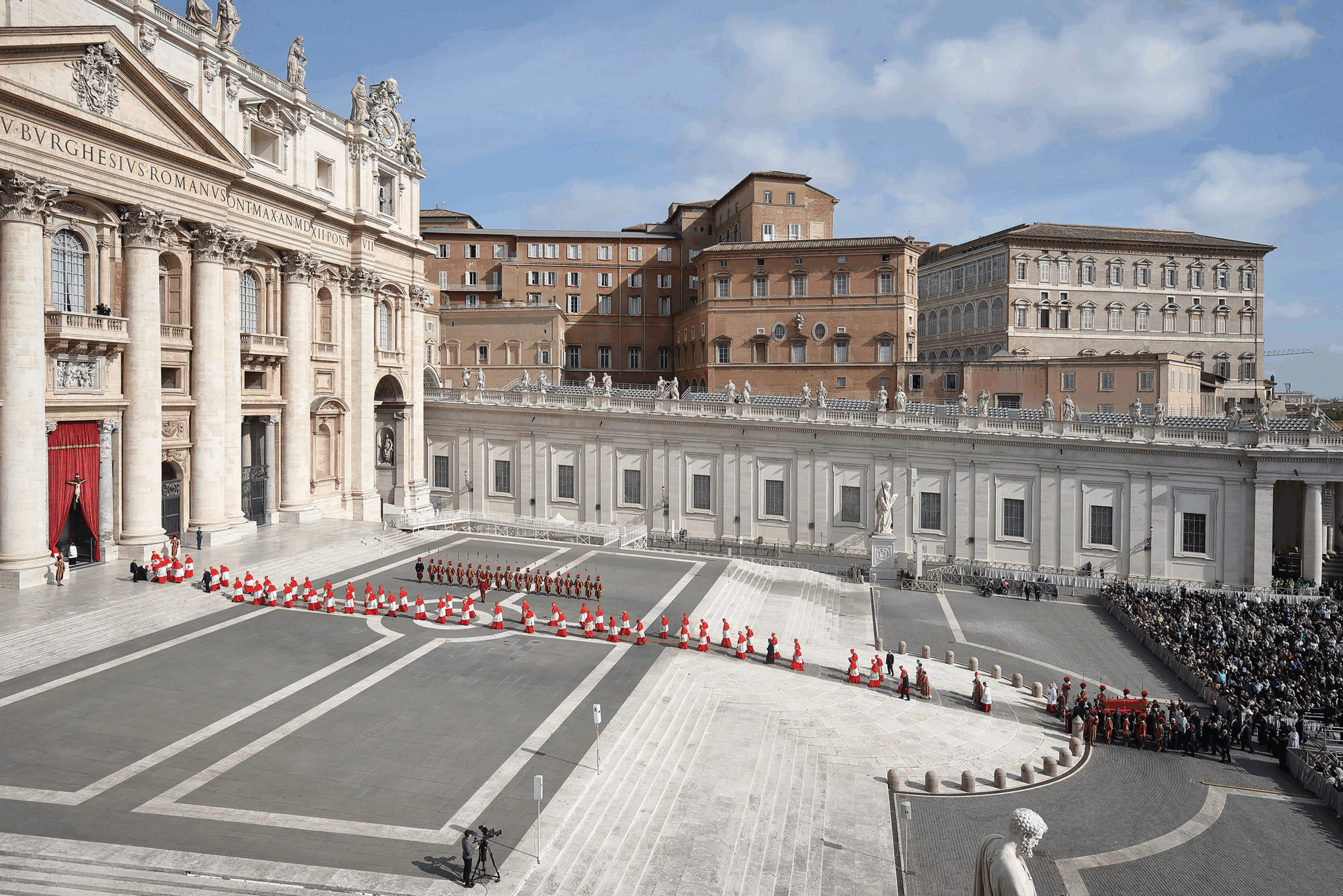
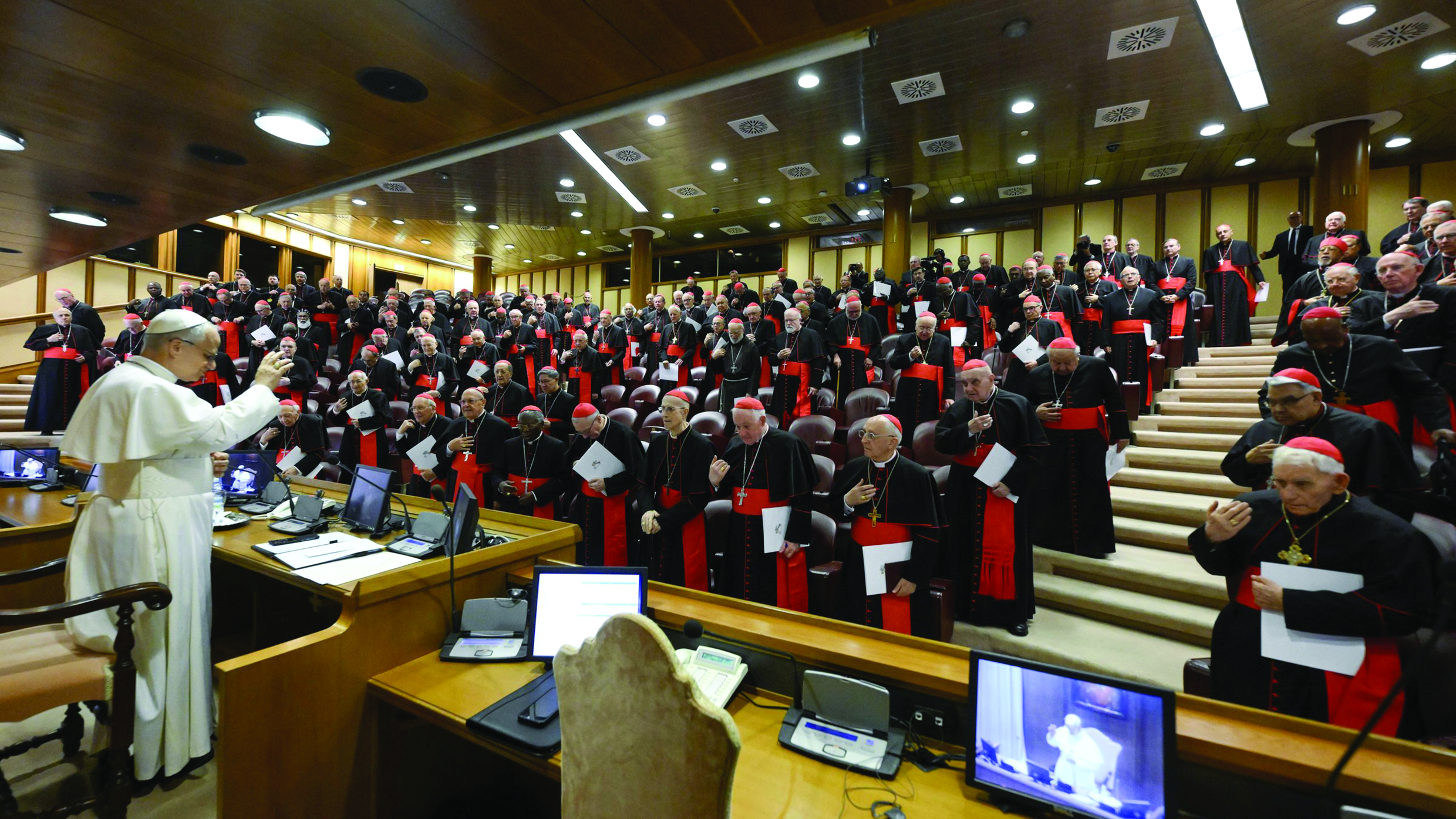
Facebook Comments